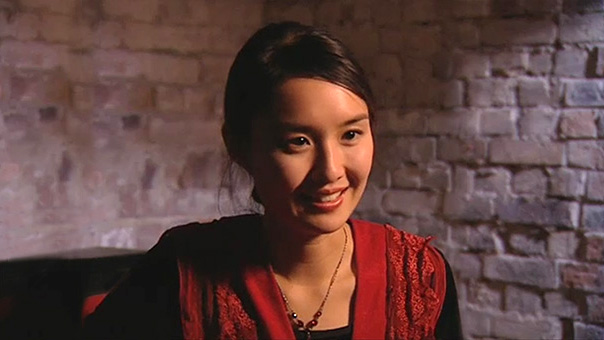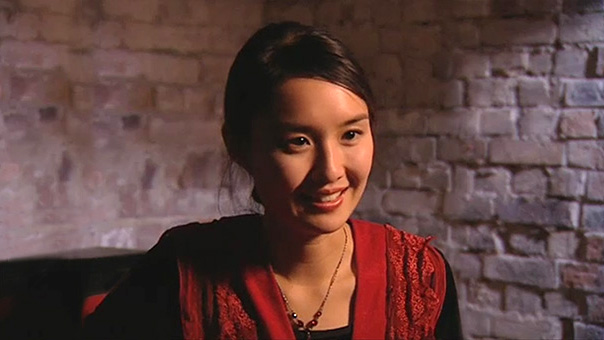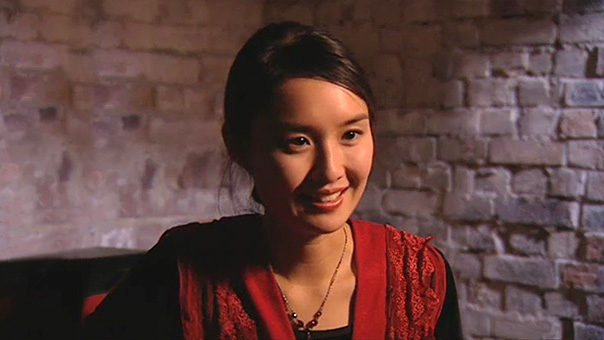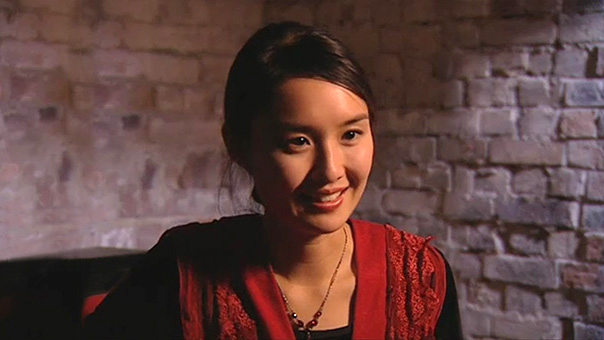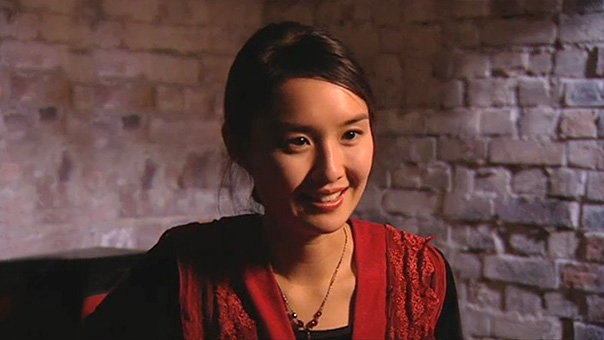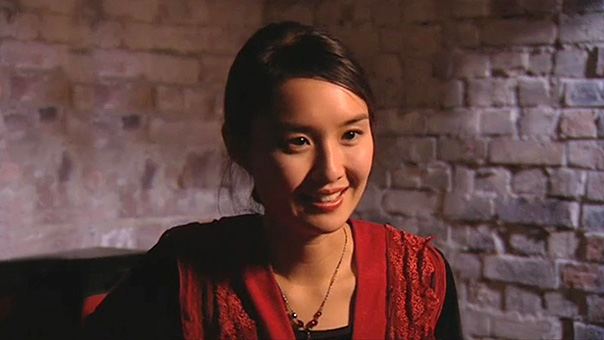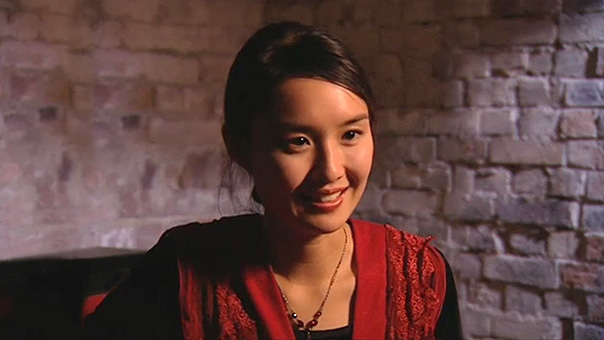Interviewer Christine McGuigan: Thanks for being with us today, Alice.
Alice Pung: Thanks for having me, Chris.
Interviewer: Can you tell us what inspires you as a writer?
Alice: What inspires me as a writer is just the small incidences of life. A lot of my work is set in a very specific area, very
small suburb, in a very small neighbourhood, in, you know, a very specific location. And they're just about a small group
of people. And how I came to write this way was when I first went to university, I was in a class with a lot of people with
so much more life experience. They'd travelled overseas; I'd never been outside of Footscray or Springvale you know. They
had had different experiences happen all throughout their lives. I'd grown up in two neighbourhoods and I'd spent most my
life inside a house looking after small children. So I thought, well I can't pretend to be anything other than what I am.
So I thought these small incidences were the important things in life, or at least in my life.
Christine: In your first book, Unpolished Gem, you write about your personal experiences and the relationships in your family. What motivated this choice of subject?
Alice: Oh, just because I realised later in life that they were quite different to everyone else's families. People say that every
family is unique, every family is different, but I grew up with my parents having come from Cambodia, they'd survived the
Killing Fields, and they came to Australia and brought us up. And what motivated me to write in particular about the things
that happened within my family was that there was a lot of migrant literature around at that time. They always told a very
particular narrative about success, you know, a very migrant narrative success story. You had 'Wild Swans', you had 'Falling
Leaves', 'Mao's Last Dancer' most recently. They're wonderful stories, wonderful allegorical narratives about really conquering
tough things and triumphing in the end. And I thought well, there are, there are many other ways to tell a migrant story.
Usually it's not all about a narrative of success, small incidences happen and these incidences would have been erased by
this narrative. For example, my parents wore a lot of second hand clothes from The Brotherhood of St. Lawrence when they first
came here. They were so proud of those clothes. They posed for so many photographs wearing them. But if I'd asked my family,
if I'd interviewed them and said, you know, 'can you tell me what happened when you came here so I can write this book', they
would have told me a completely different story that accords with a success narrative. They would of said 'oh, it's so horrible,
you know, we had to wear second hand clothes, it was the most humiliating thing'. And it wasn't, I've seen the photographs,
they were so proud.
Christine: Alice, are you the ‘unpolished gem’?
Alice: No, I'm not the ‘unpolished gem’. The ‘unpolished gem’ refers to a sentence in my book in one of the chapters. There's this
Chinese-Cambodian saying. I can't remember whether it's Chinese or it's Cambodian. It's a very old one that I read somewhere.
It goes something like this: A girl is like cotton wool, once she's dirtied, she can never be clean again, a boy on the other
hand, well it doesn't matter how dirty you get a boy because a boy is like a gem, the more you polish a gem, you know, the
brighter it shines. And that was, I thought that was a perfect title for this book, because growing up with friends - Australian
friends, Maltese friends, Turkish friends - it's not that, that saying is not some archaic fundamentalist, you know, Chinese-Cambodian
cultural saying, it's very applicable. When I talk to schools today even, you know, you see the young women in the audience,
they get it, they understand what I mean. And some of the young boys will clutch their belts and say 'aw, we're legends Miss'.
So it's a terrible double standard in which we live. And it's hard for a young person growing up.
